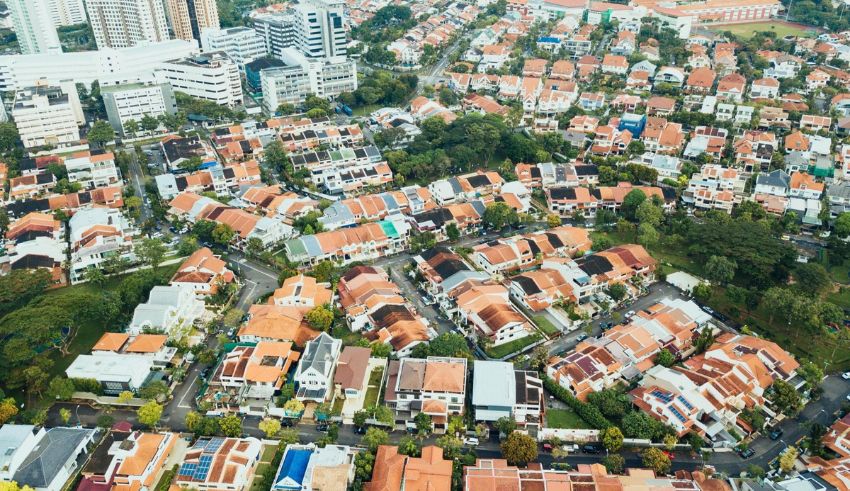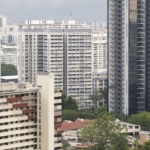
The eligibility for Housing and Development Board (HDB) flats in Singapore has historically been heavily influenced by marital status. However, cultural developments and the changing nature of contemporary partnerships have led to a reexamination of singles’ housing policies. The location restriction would be eliminated starting in the second half of 2024 thanks to the introduction of new two-room Build-to-Order (BTO) flats throughout housing estates, according to a significant announcement made by Prime Minister Lee Hsien Loong at the National Day Rally.
The decision was made in reaction to the recent ten-year increase in singles in all age categories, a trend exacerbated by the postponement of marriage. The choice represents a broader acceptance that the idea of family dynamics has changed, necessitating a more inclusive approach to housing policies.
It’s critical to understand the limitations caused by the lack of available land, even though some people may see the changes as a deviation from conventional norms. Due to their limited availability, larger BTO units must be given priority to households with higher space needs. The need for distribution based on family size is highlighted by the frequent and severe oversubscription of larger units. No discrimination is taken into account; rather, the requirement for efficient resource management drives these decisions.
More than just accommodations are now available to single people in terms of housing. The government encourages older singles to have a feeling of belonging and investment in the future of the country by ensuring equitable access to inexpensive homes nationwide. This inclusivity fosters growth and efficiency while also contributing to the nation’s political and social well-being. Furthermore, singles are more likely to take on caregiving obligations for elderly parents when family sizes shrink and the old population rises. Making it possible for them to live near to their parents encourages intergenerational support and caring.
Keep Reading
Critics might express concerns about how it will affect attempts at parenthood and marriage. However, research from other nations indicates that while living with parents may hold down marriage entry, it does not necessarily mean that there is less interest in marriage. These findings highlight the significance of respecting individual life choices and recognizing that not all single people above a certain age choose to remain alone.
It’s important to recognize that younger singles look for consideration and flexibility in housing policies. Efforts to meet their requirements are shown by initiatives like the conversion of state-owned buildings into co-living spaces. In addition to housing, granting family leave benefits to all workers, regardless of marital status, can lessen the strain of caregiving.
In summary, the choice to increase singles’ housing alternatives fits with how relationships are changing and how society norms are shifting. It demonstrates the government’s dedication to fairness, respect, and awareness of the evolving demands of its constituents. Singapore moves a step closer to a sustainable and balanced future by embracing inclusion in housing laws, where the various demands of all societal segments are handled with regard and care.


























